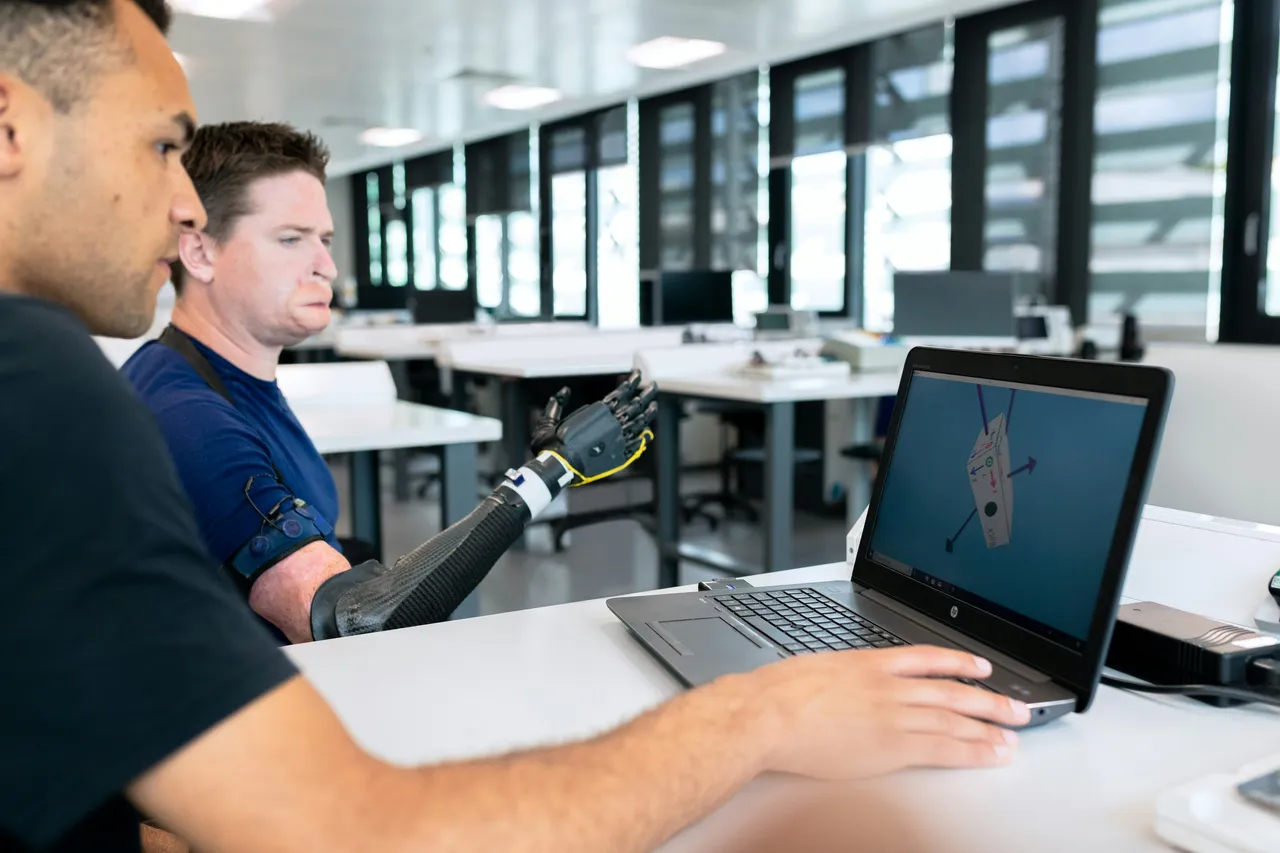Digital Footprints: The Role of Social Media in Modern Investigations
In today's interconnected world, social media platforms are not just spaces for socializing and sharing, but also rich mines of information. These digital arenas have become crucial in the realm of modern investigations, offering insights that were once hard or even impossible to uncover.
The Evolution of Investigations
Gone are the days when private investigators solely relied on physical surveillance, stakeouts, and traditional methods of gathering evidence. The digital age has transformed the landscape of investigations, making social media an indispensable tool. Platforms like Facebook, Twitter, and Instagram provide a wealth of data that can be pivotal in solving cases. From tracking a person’s location to understanding their behavior patterns, social media offers a gateway into the private lives of individuals.
However, with great power comes great responsibility. Investigators must navigate the ethical implications of using social media for gathering information. Ensuring privacy laws are respected is paramount, as is maintaining the integrity of the investigation process.
The Power of Digital Footprints
Every tweet, post, check-in, and photo shared on social media contributes to a person's digital footprint. This information can be invaluable to investigators who know how to look for and interpret these clues. Digital footprints can reveal a person’s whereabouts at specific times, their relationships, and even their intentions.
But, analyzing digital footprints is not without its challenges. The sheer volume of data and the need for technical skills to sift through and make sense of it can be daunting. Moreover, the dynamic nature of online content, where information can be deleted or altered, adds another layer of complexity to digital investigations.
Social Media as an Investigative Tool
To effectively utilize social media in investigations, professionals must be adept at using advanced search techniques and understand the various platforms' privacy settings and limitations. They must also stay updated with the constantly evolving digital landscape. This includes being aware of the latest trends in social media usage, as well as emerging platforms that could serve as new sources of information.
The role of social media in investigations is not limited to gathering evidence. It can also be used for background checks, locating missing persons, and even monitoring potential threats. The versatility and depth of information available make social media an invaluable asset to modern investigators.
Ethical Considerations
As the use of social media in investigations becomes more prevalent, so does the need for ethical guidelines to govern its use. Investigators must balance the pursuit of truth with respect for individual privacy. This involves being transparent about the use of social media in investigations, where possible, and adhering to legal standards and guidelines.
The ethical use of social media in investigations not only protects the rights of individuals but also upholds the credibility and integrity of the investigative process. It ensures that the information gathered is reliable and can be used effectively in solving cases or making informed decisions.
In conclusion, social media has become a fundamental tool in the arsenal of modern investigators. Its role in uncovering truths and providing insights into personal behavior and relationships cannot be overstated. However, as the digital landscape continues to evolve, so too must the strategies and ethical considerations of those who navigate it. The future of investigations will undoubtedly be shaped by the ability to adapt to and leverage the power of social media.
This article was developed using available sources and analyses through an automated process. We strive to provide accurate information, but it might contain mistakes. If you have any feedback, we'll gladly take it into account! Learn more
